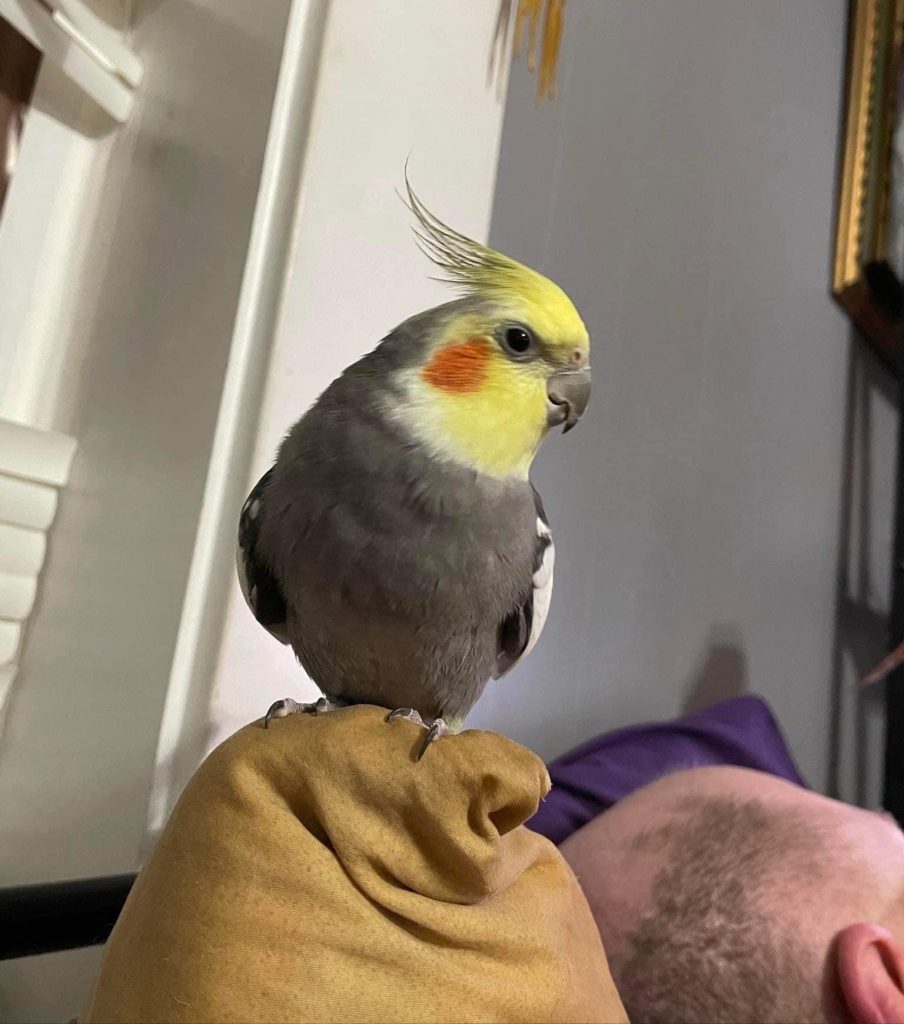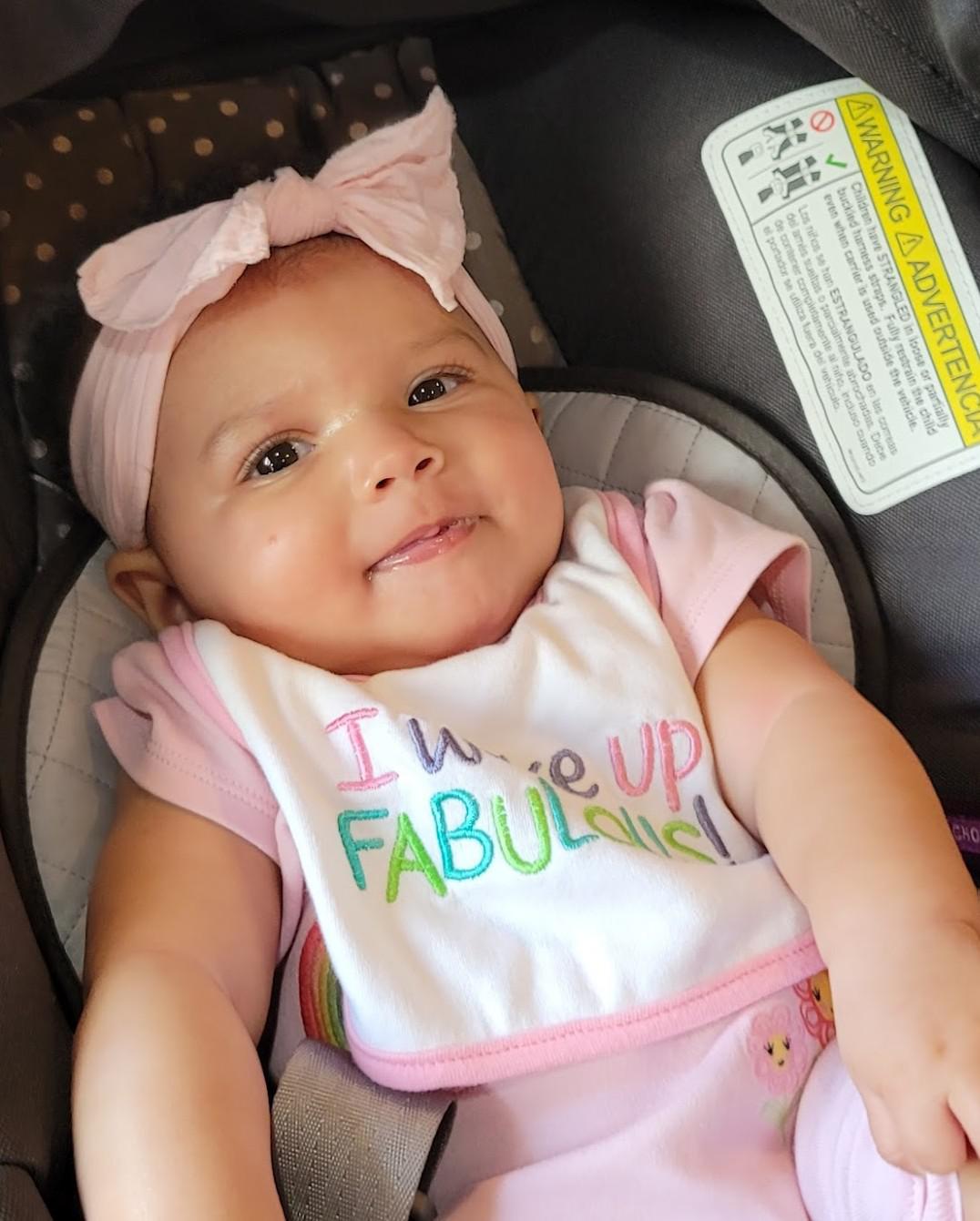
The Easiest First Words To Teach A Baby
1. Mama
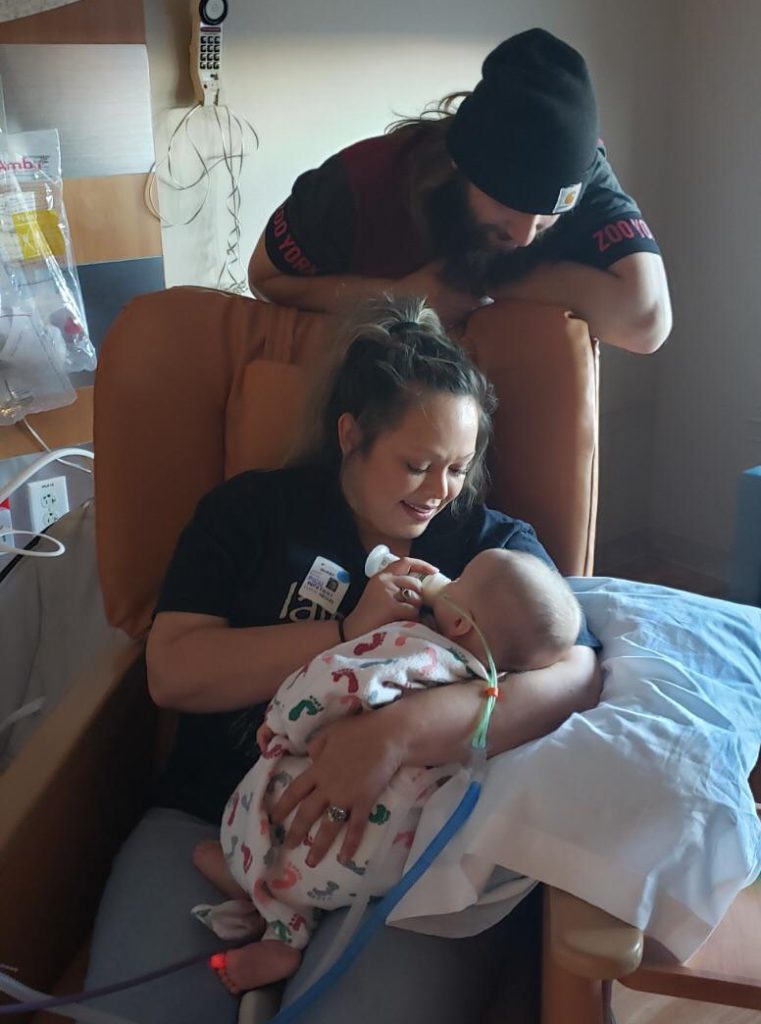
Image Source: Reddit
When you first start attempting to teach words to your baby, engage in continuous conversations with them throughout the day. Describe your actions, surroundings, family members, pets, and thoughts, even though your baby may not respond with words or at all. This constant exposure to language patterns and rhythms helps them develop their language skills!Advertisement
2. Dada
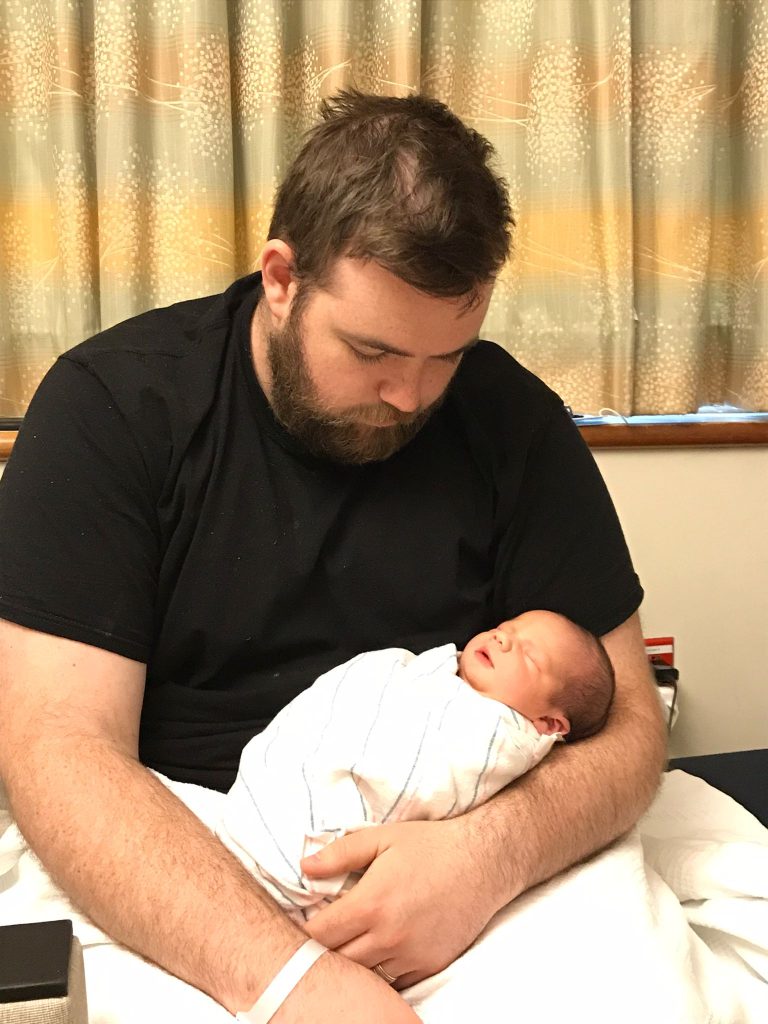
Image Source: Reddit
Repetition is a powerful tool for learning words. Repeating specific words and phrases helps reinforce your baby's memory and understanding of those words over time. A helpful strategy is to pair words with tangible objects or living things. For example, you can say “dada” while your baby is interacting with their father. You can even point at him while saying “dada”, providing a direct correlation between the two!Advertisement
3. Baby
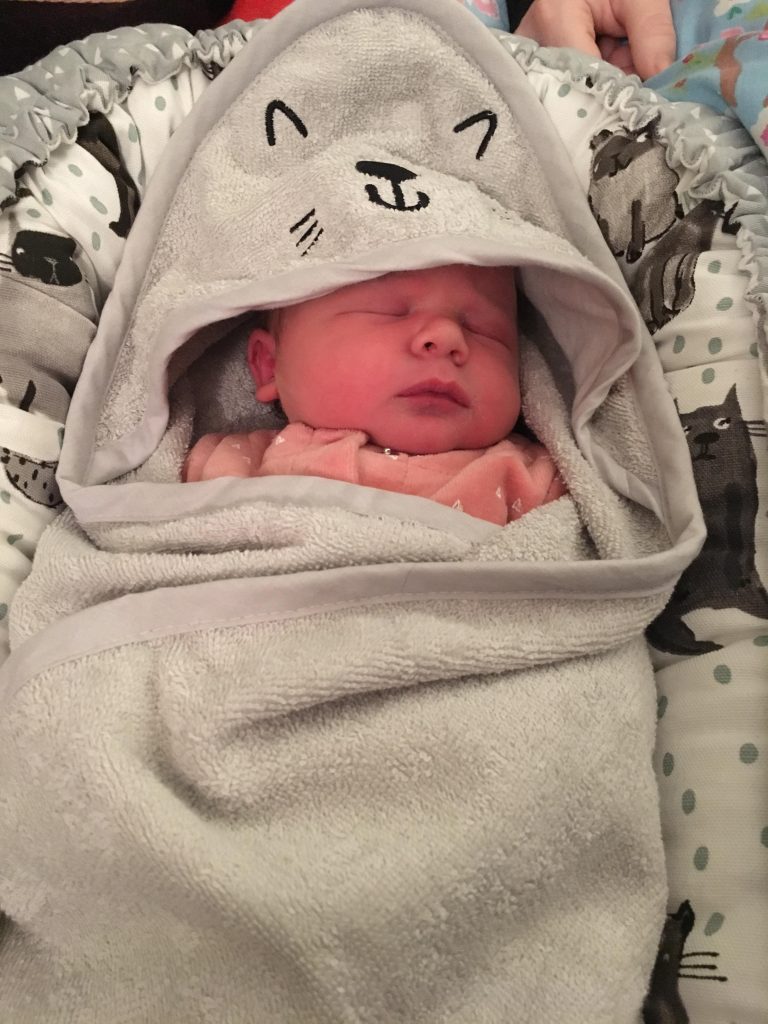
Image Source: Reddit
Babies learn a great deal from observing facial expressions and mouth movements. Making eye contact while speaking to your baby helps them focus on your speech and understand the visual cues associated with language. It’s totally okay, and even recommended, to talk while you’re around your baby. Making eye contact with them is taking your communication a step further, which is great!Advertisement
4. Dog
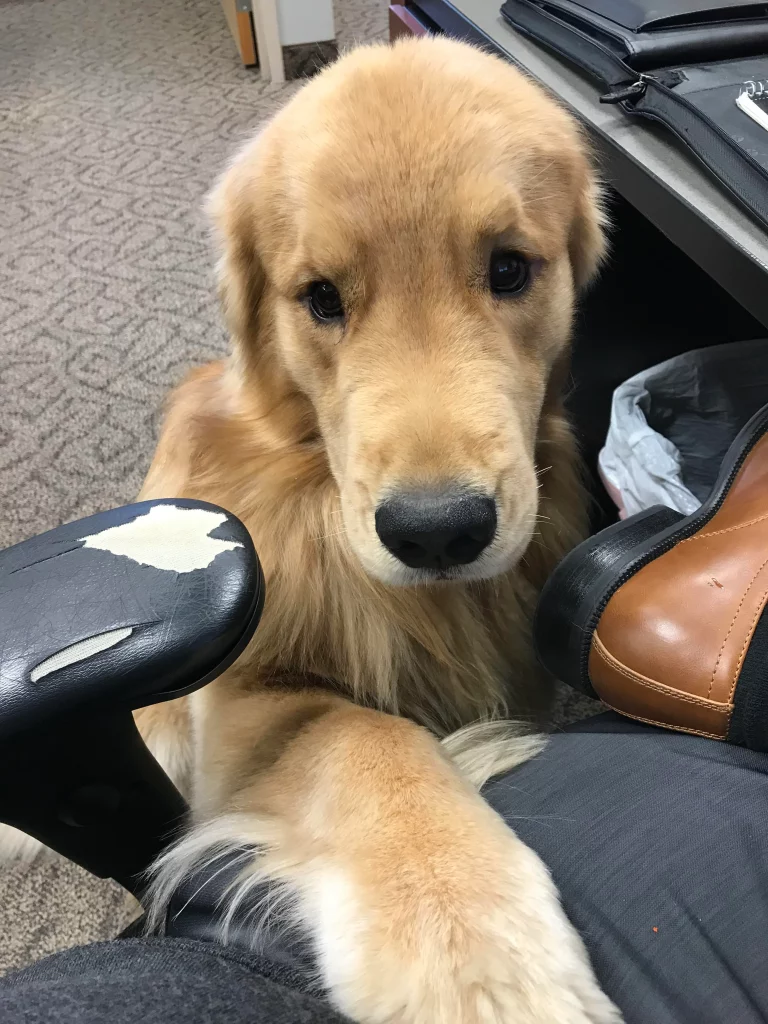
Image Source: Reddit
Point out and name specific objects around your baby. For instance, when you're holding a ball, say "ball" while showing it to them. This helps them associate words with real-world items. If you have pets, this presents an awesome opportunity to teach them words like “cat” and “dog”, along with your pets’ names! Labeling objects and living beings will speed up the learning process for your baby.Advertisement
5. Cat
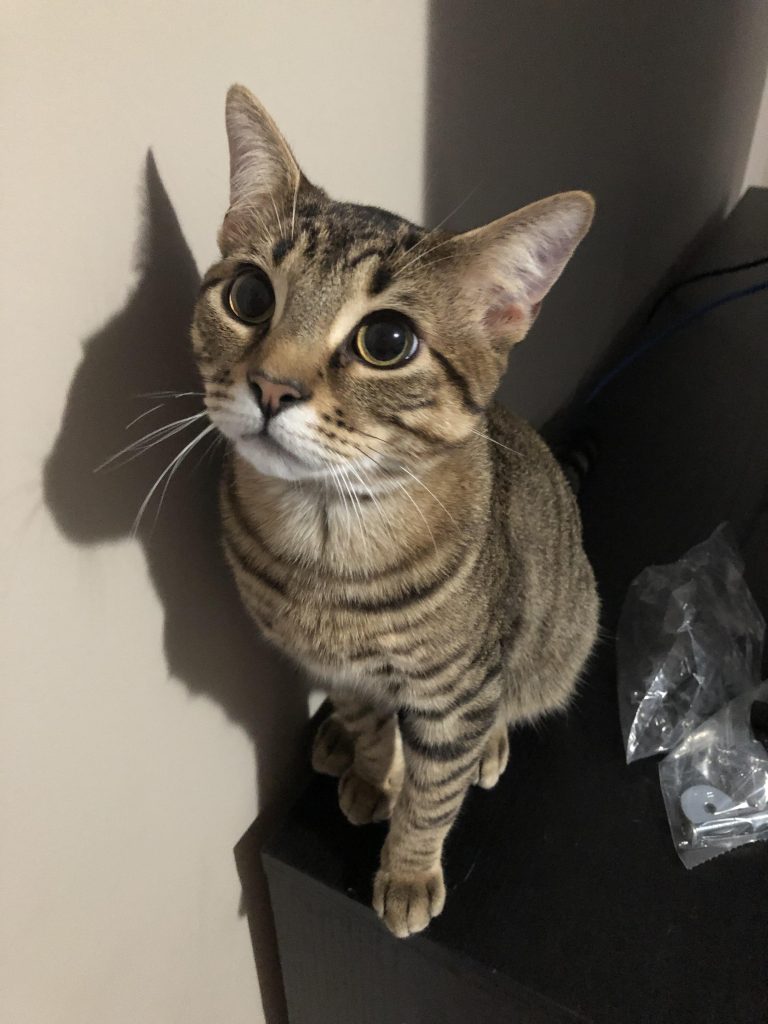
Image Source: Reddit
Reading to your baby introduces them to the rhythm and melody of language. Choose age-appropriate books with colorful pictures and simple words. Even if they can't understand the story, they'll benefit from hearing new words and sounds. In fact, feel free to expand your vocabulary as much as you’d like during this time. The more words you baby hears, the better!Advertisement
6. Uh-Oh

Image Source: Reddit
Singing songs with repetitive lyrics and catchy melodies can capture your baby's attention and make learning words more enjoyable. Choose songs that have simple words and actions to engage them. If you’re driving around with your baby in the car and you hear some of your favorite songs on the radio, feel free to belt them out. When you’re at home, try songs that are intended for babies.Advertisement
7. Ball
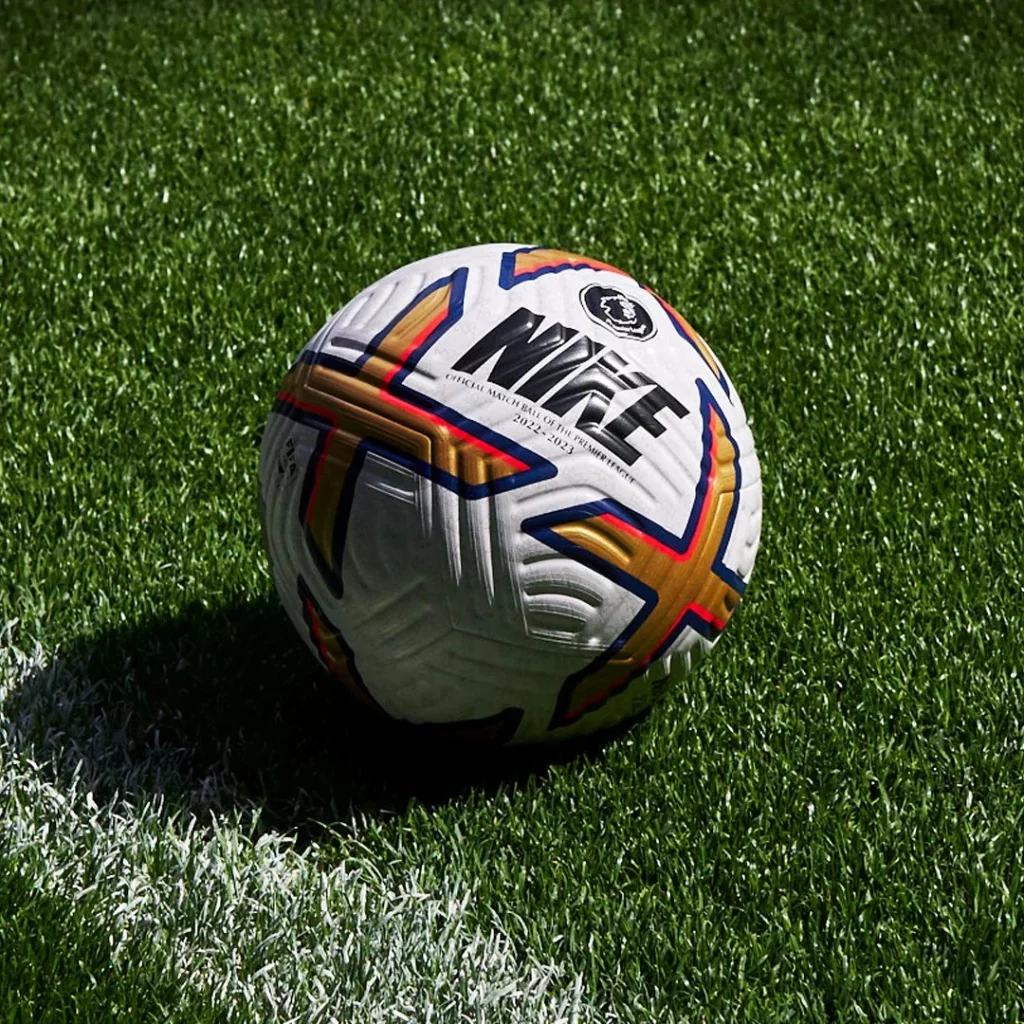
Image Source: Reddit
Describe your actions and routines as you go about your day. Whether you're changing their diaper or preparing a meal, talking through these activities helps your baby learn words related to their daily experiences. It might feel silly to narrate your baby’s day and everything that happens during it, but they’ll just be thrilled to hear your voice and listen to your remarks.Advertisement
8. Book
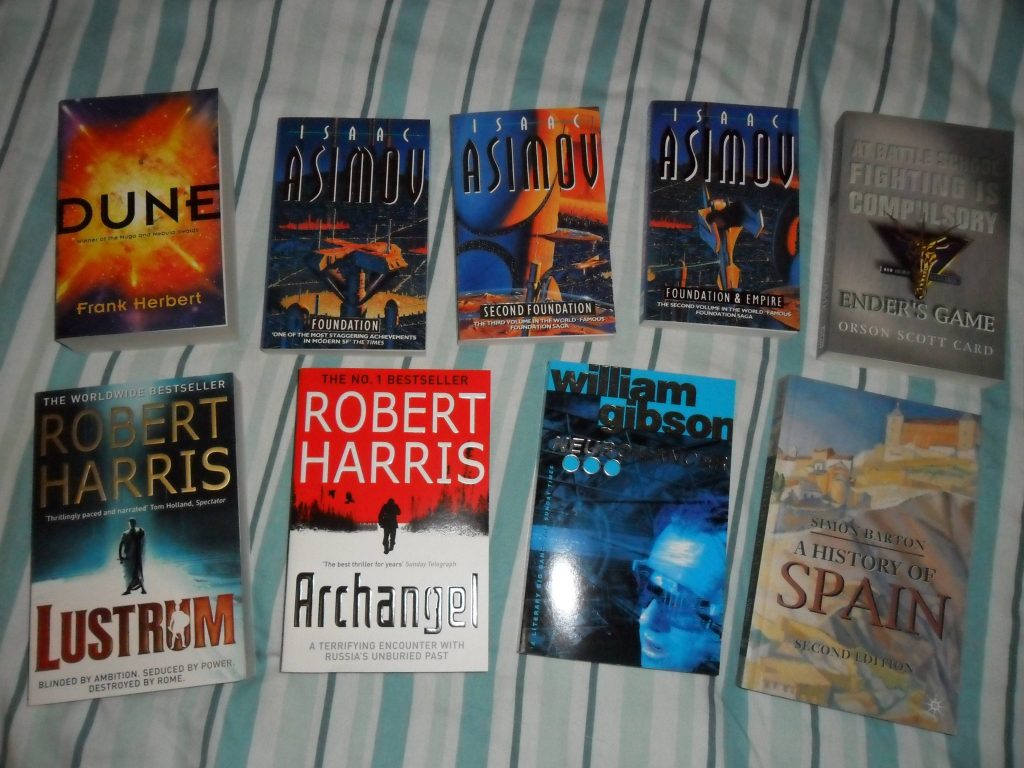
Image Source: Reddit
Combine hand gestures with words to enhance your baby's understanding. For example, wave and say "bye-bye," or clap your hands while saying “clap." When you say “book”, show them a book…and for good measure, read that book to them! Using this method of teaching, your baby will catch on quickly to specific words and the items that are correlated with them.Advertisement
9. Hi
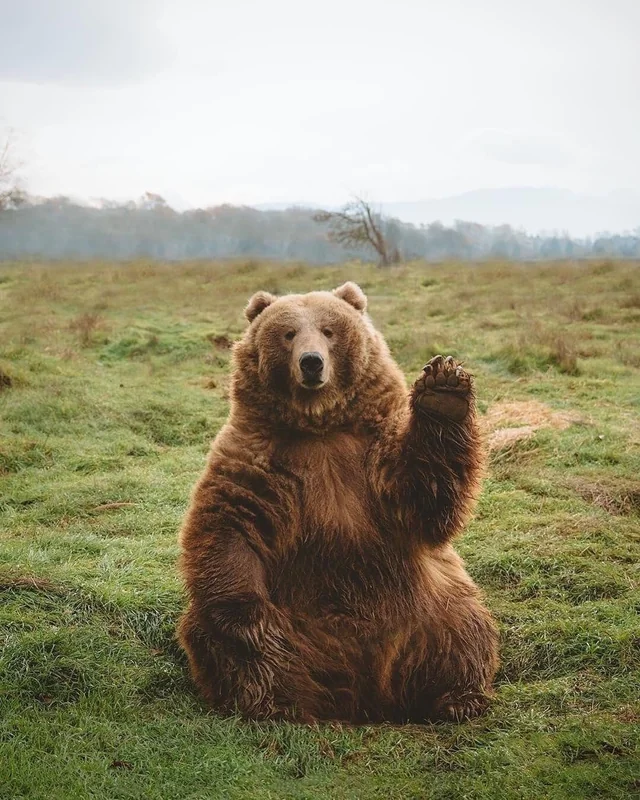
Image Source: Reddit
Combining hand gestures with words not only delights babies but also helps them learn about object permanence. As you hide your face and then reveal it, you can introduce the word "boo" and create a fun association. Babies love this game! You can also express shock and surprise, creating a shocked look on your face. Babies love this, especially if you do so while playing with them.Advertisement
10. Bye
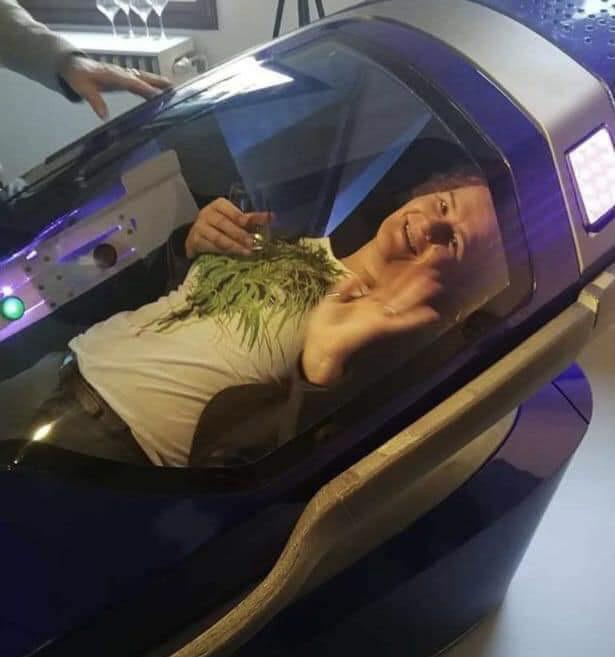
Image Source: Reddit
Babies are often more responsive to higher-pitched voices. When you use a slightly exaggerated and animated tone, it can capture their attention and make your words more engaging. You probably won’t want to use your “baby voice” too often, because it might stress your vocal cords. However, using it around your baby will benefit them in regards to communication.Advertisement
11. Yes
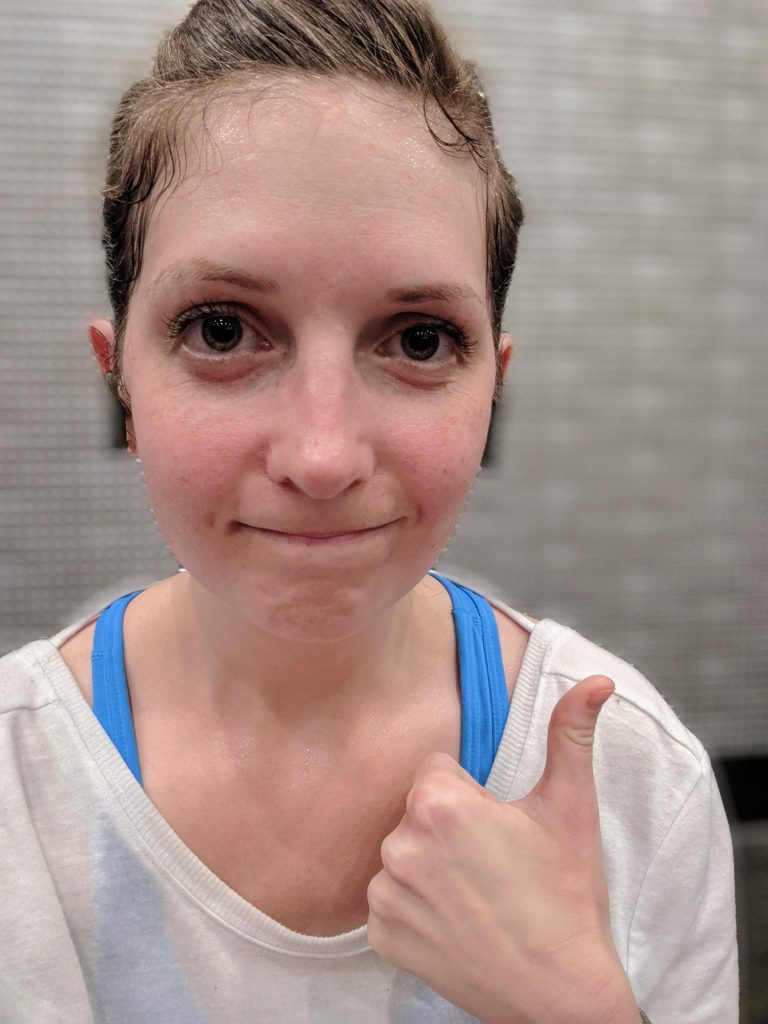
Image Source: Reddit
When your baby makes sounds, respond with enthusiasm. Mimic their coos and babbles and treat it like a conversation, even if it's not quite using recognizable words yet. When they coo and babble, you can also respond to them with chit chat. Act like they’re making a statement, and respond with something real and tangible. These fake conversations will show them what a conversation looks like.Advertisement
12. No
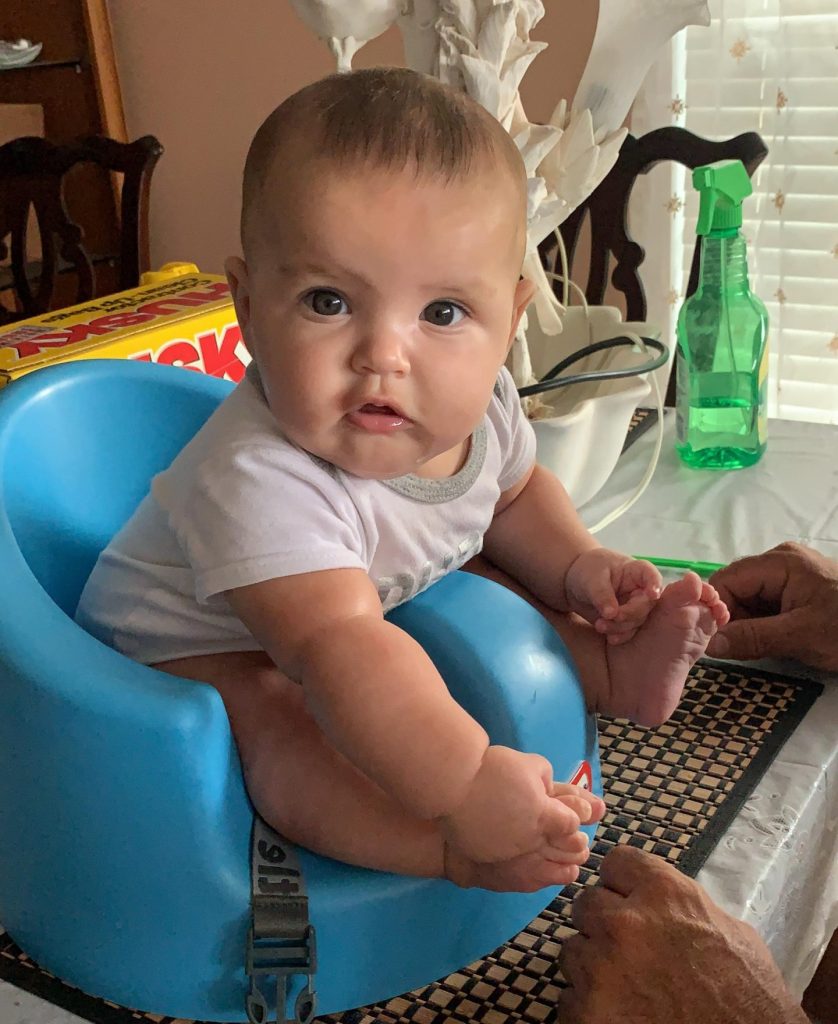
Image Source: Reddit
Keep your sentences short and clear. Focus on the key words you want to introduce. For instance, instead of saying, "Look at the big, red ball," you can say, "Big ball.” When you say “no”, you can shake your head firmly. This will let them know that the action and the word are aligned. You can even cross your arms in front of you, if you’d like to show them a motion that means “no”.Advertisement
13. More
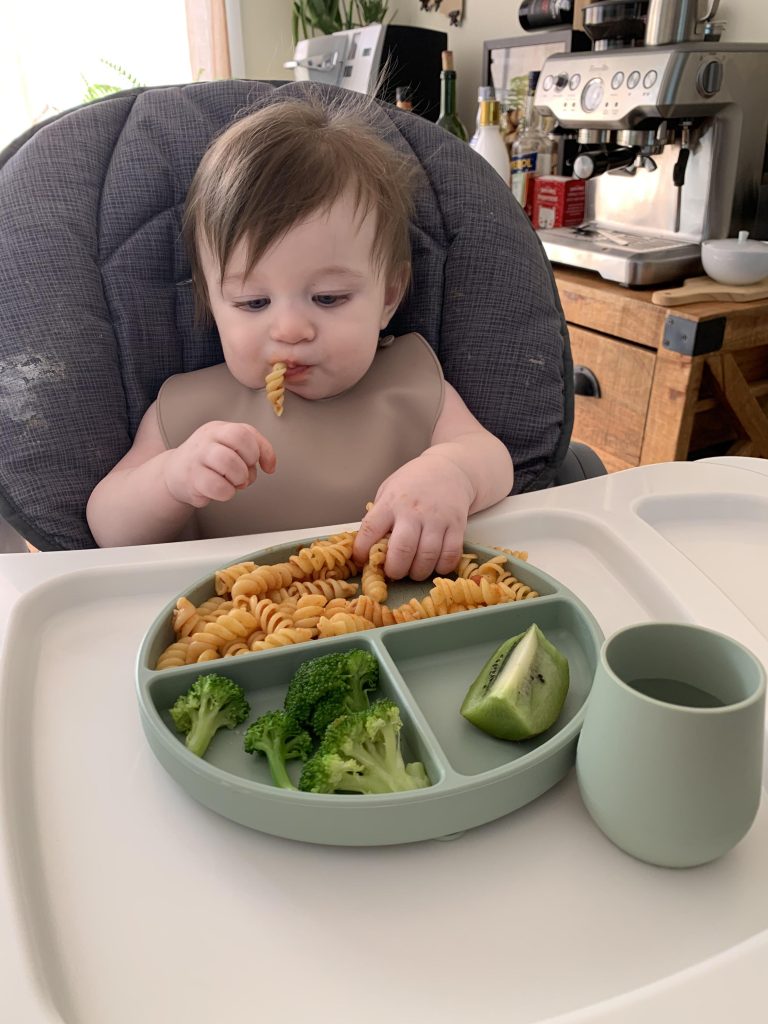
Image Source: Reddit
Begin with single words before introducing more complex phrases or sentences. This approach helps your baby grasp individual words and their meanings. “More” is a common first word that babies are taught so they can express a desire for more food, milk, or play time. Some parents even teach the sign language expression that means “more”, which helps their baby communicate earlier.Advertisement
14. All Done
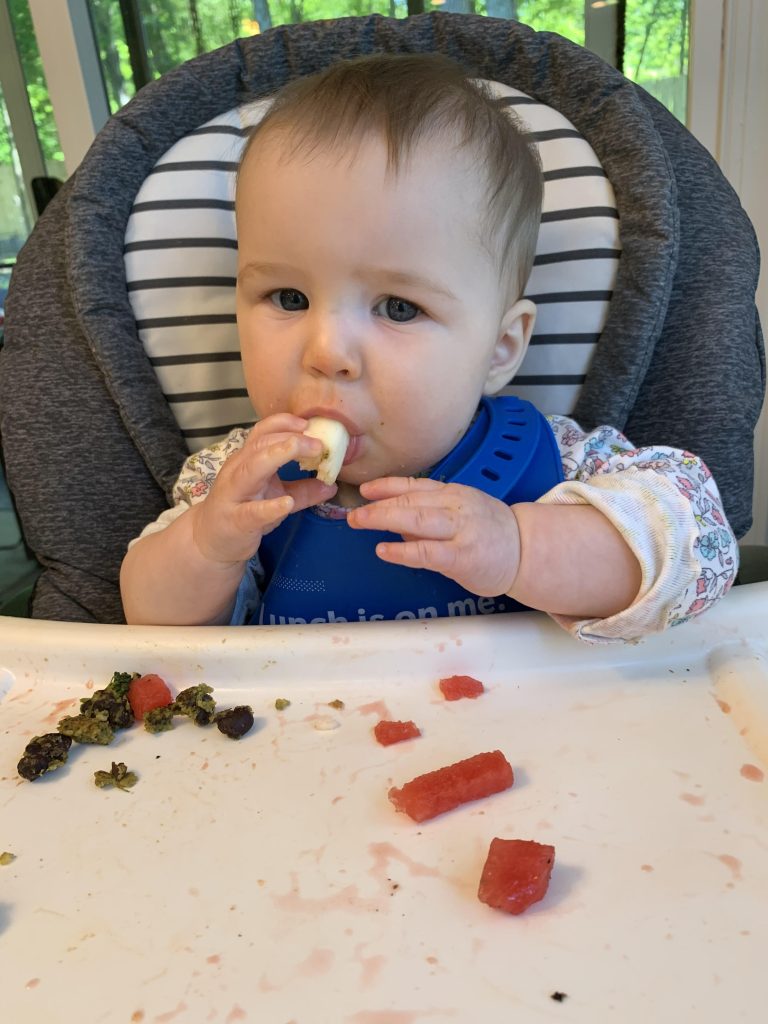
Image Source: Reddit
While dressing or playing with your baby, point out and name their body parts. Touch their nose, say "nose," touch their toes, say "toes," and so on. This helps them learn about their own body and the associated vocabulary. You can even create a game out of this process. Point to a part of their body, and ask them what it is! You might be surprised by the extent of their knowledge.Advertisement
15. Bottle
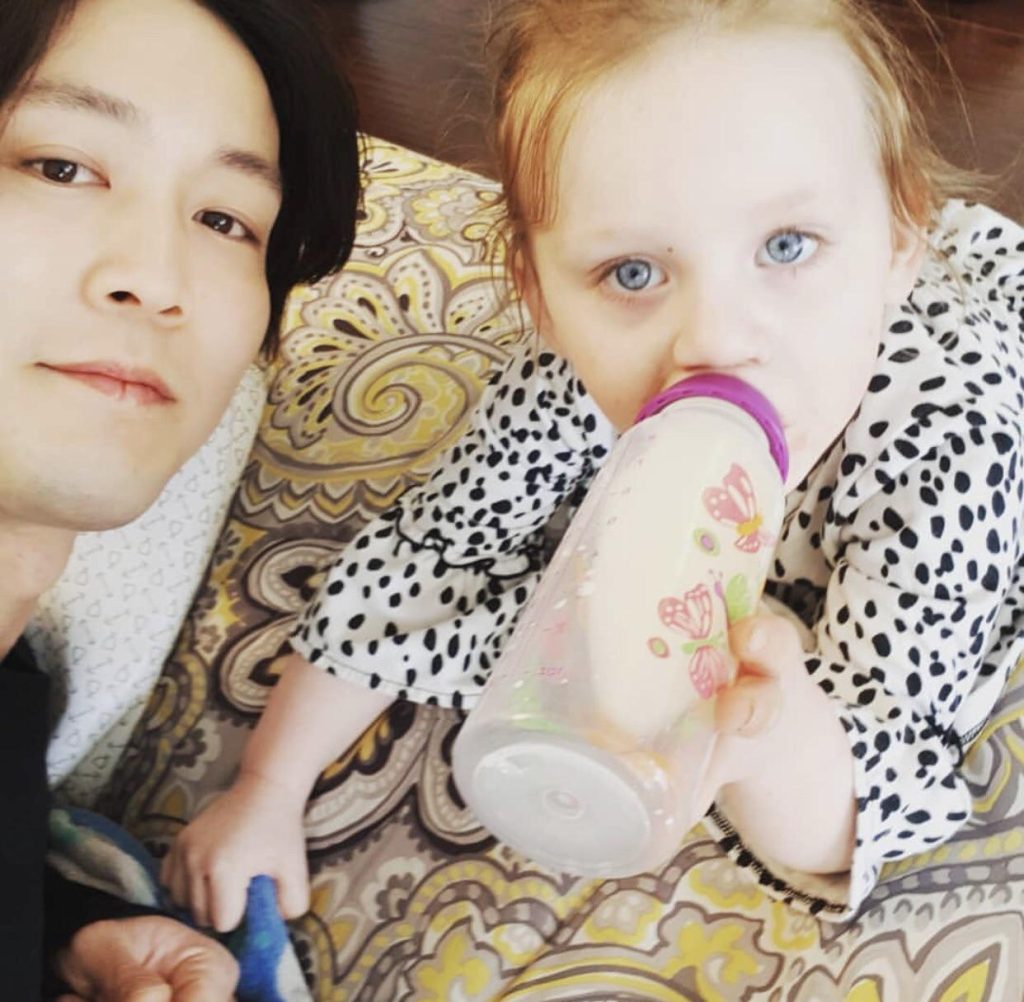
Image Source: Reddit
Use contrasting words to highlight differences in objects. For instance, when showing your baby a toy, mention that it's "big" compared to a smaller toy, or that one object is "hot" while another is “cold." This differentiation will teach your baby about a myriad of sensations, feelings, and perceptions. Some other examples are long and short, dirty and clean, and happy or sad.Advertisement
16. Banana
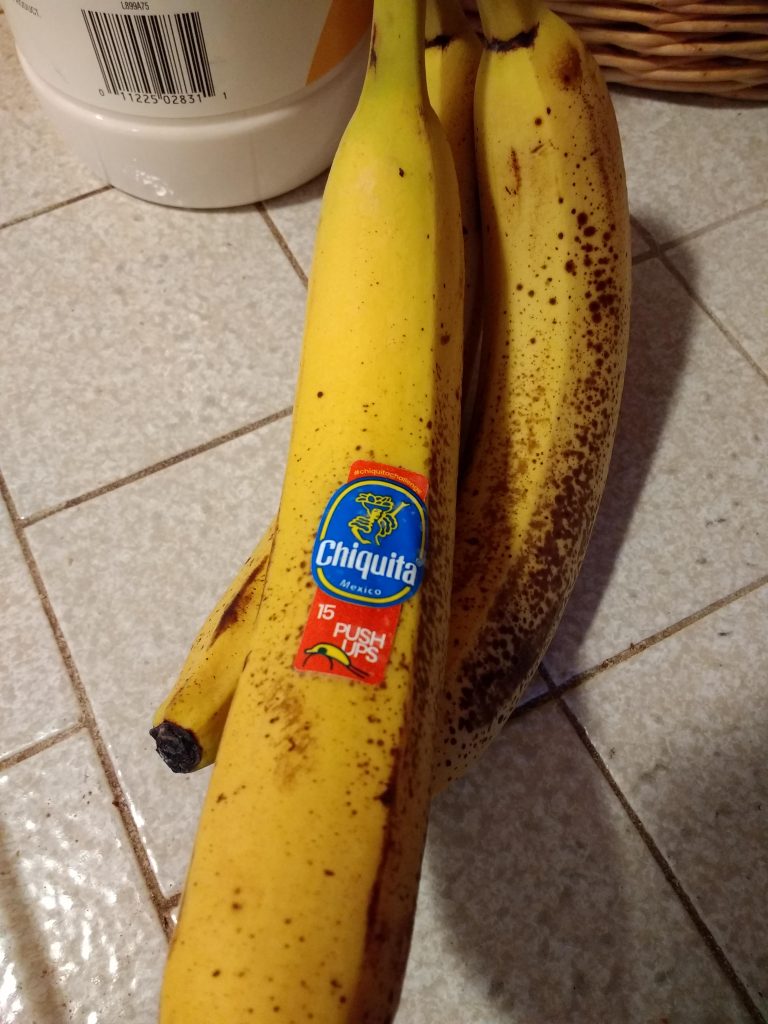
Image Source: Reddit
Introduce new words while engaging your baby's senses. Offer them different textures to touch, describe how things taste or smell, and associate words with sensory experiences. This can be true for food, too. Teach them the word banana by allowing them to touch a piece, smell it, and taste it. This combination of sensations will accelerate their ability to learn the word.Advertisement
17. Apple
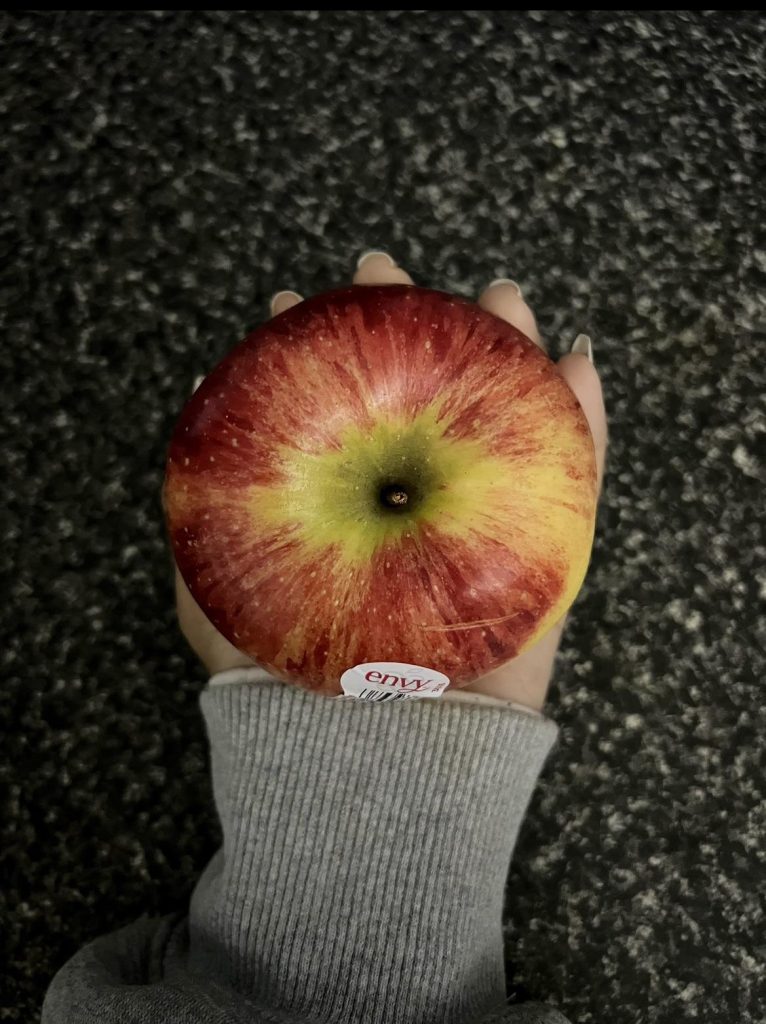
Image Source: Reddit
Toys that produce sounds or respond to touch can captivate your baby's interest and encourage them to interact. As they press buttons or manipulate the toy, name the corresponding actions or objects. When you’re feeing your baby new foods, you can even teach them how to express satisfaction (yum!) or dissatisfaction (yuck!). Your teaching opportunities are endless.Advertisement
18. Milk
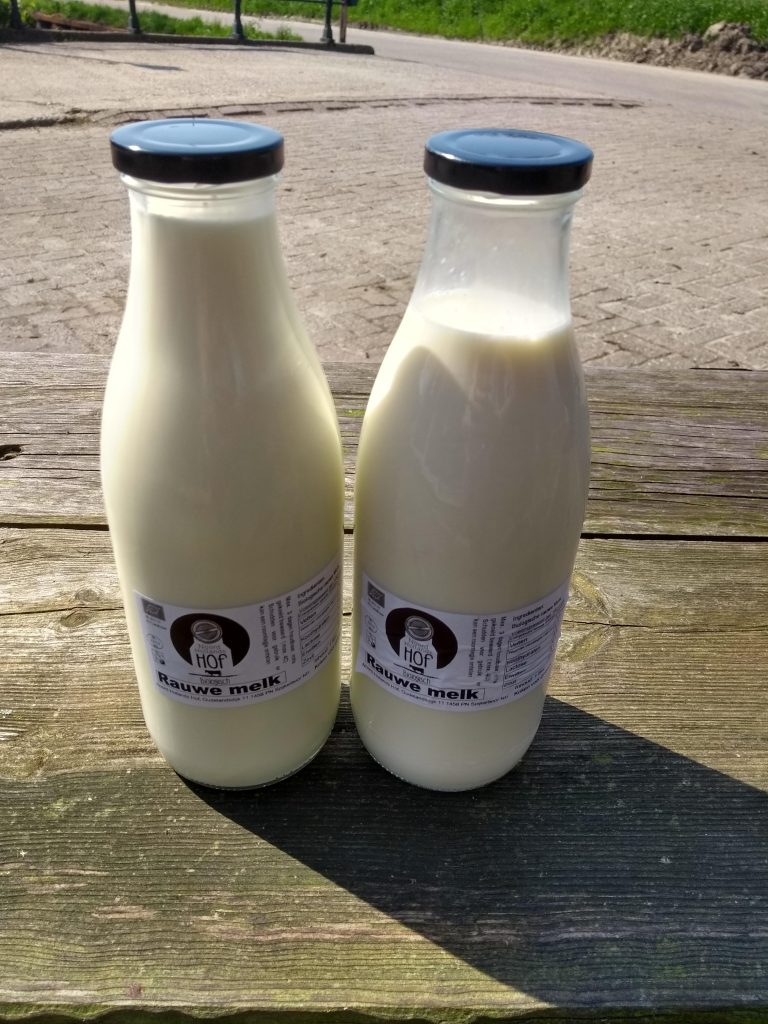
Image Source: Reddit
Arrange playdates or interactions with other babies. Socializing provides opportunities for your baby to observe and imitate language use, boosting their own language development. You might notice that your baby and a friend’s baby appear to speak to each other through babbles and coos. This is not only adorable, but it’s also great communication practice for both babies.Advertisement
19. Juice
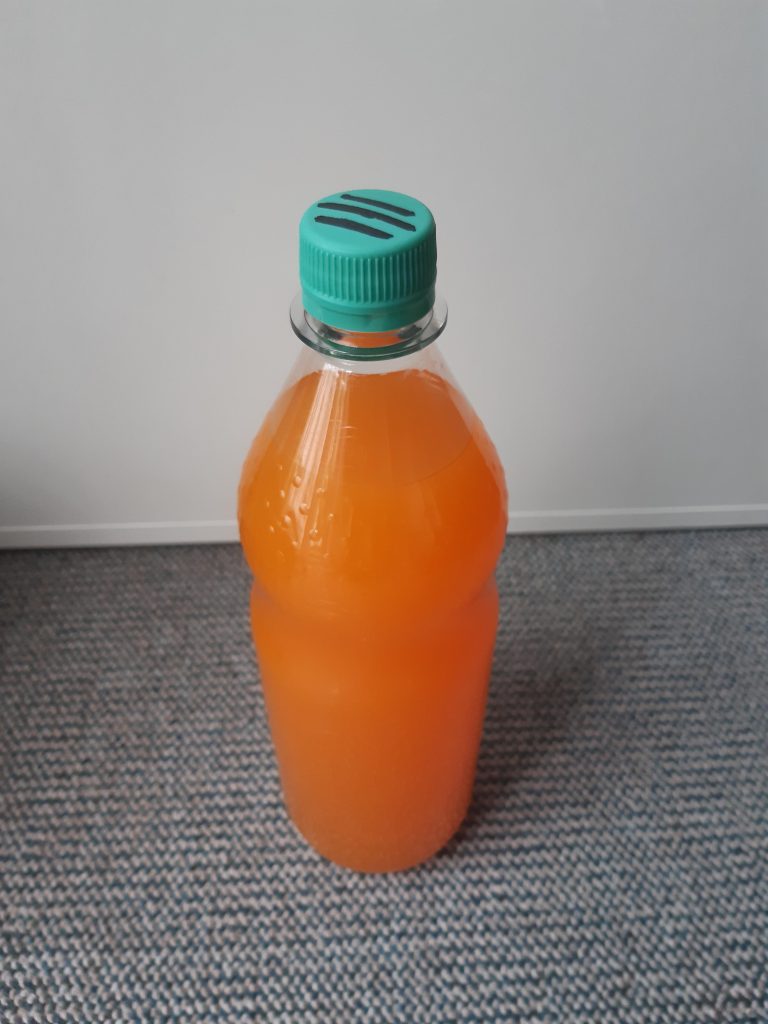
Image Source: Reddit
When your baby says a word, build upon it by adding more related words. If they say "dog," you can say, "Yes, that's a big brown dog.” If they say “juice”, you can say, “Yes, that’s apple juice!”. The list goes on and on. By adding extra words and using adjectives and descriptive words and phrases, your baby’s vocabulary will grow bigger and more expressive by the day.Advertisement
20. Water

Image Source: Reddit
Incorporate adjectives into your speech to describe objects, actions, or emotions. This adds depth to their vocabulary and helps them understand different aspects of the world. If you give them water, you can say, “Yum, that’s cold water!”. These expressions will help them describe words and understand what people mean when they’re describing words, too.Advertisement
21. Car
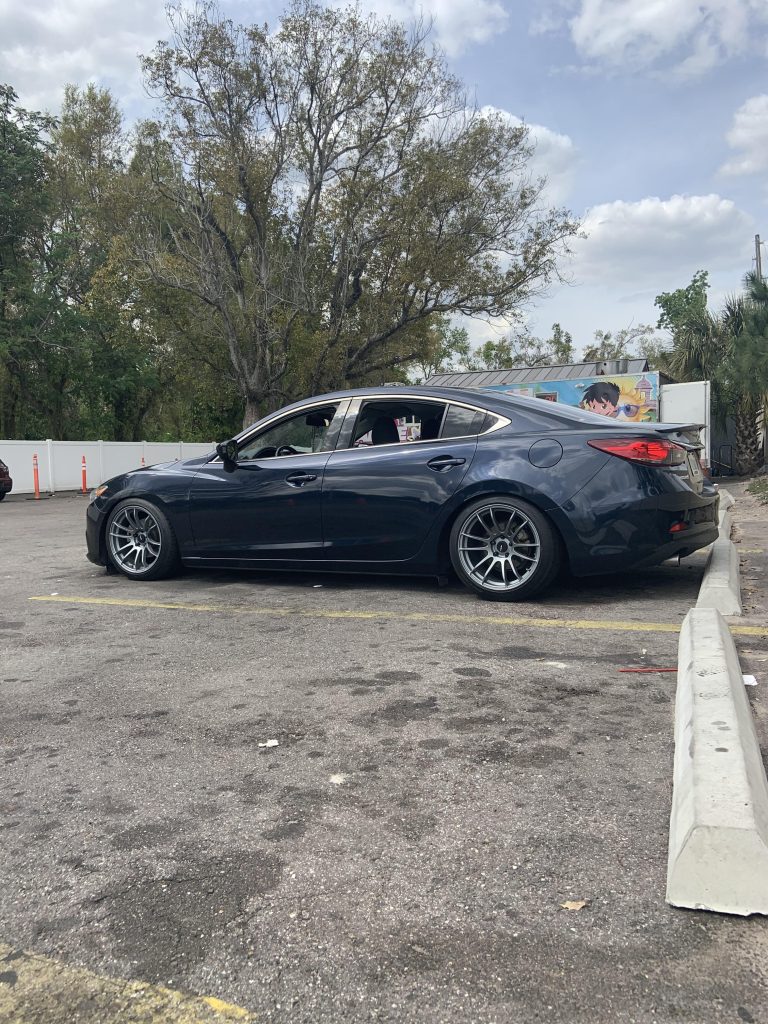
Image Source: Reddit
Establishing a daily routine with consistent activities can help your baby anticipate and learn words associated with those activities. Repetition within a structured routine aids in word retention. For example, if your baby loves playing with toy cars every afternoon, you can say to them, “Car time!” Eventually, they will associate the word “car” with the toys they’re holding.Advertisement
22. Fish
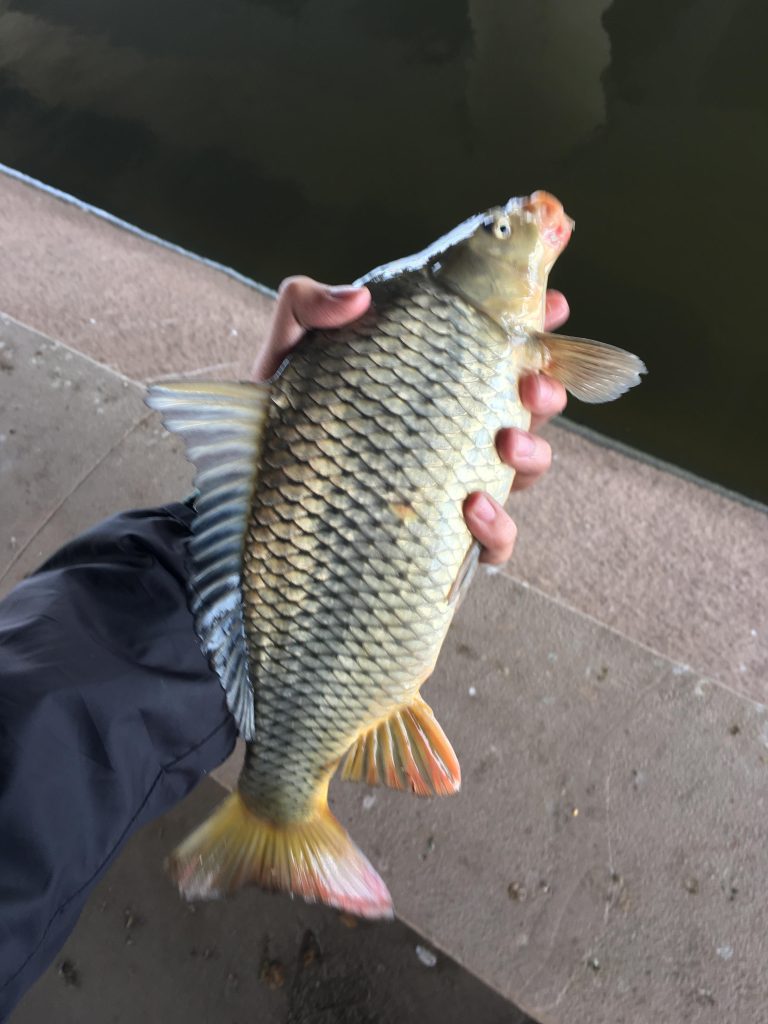
Image Source: Reddit
Minimize your baby's exposure to screens, as real-world interactions are crucial for language development. Face-to-face interactions provide richer language experiences than digital media. If you enjoy fishing, bring your baby along and narrate the process of fishing and all of the wildlife you see. This real-world experience will teach them things that screen time can’t.Advertisement
23. Duck
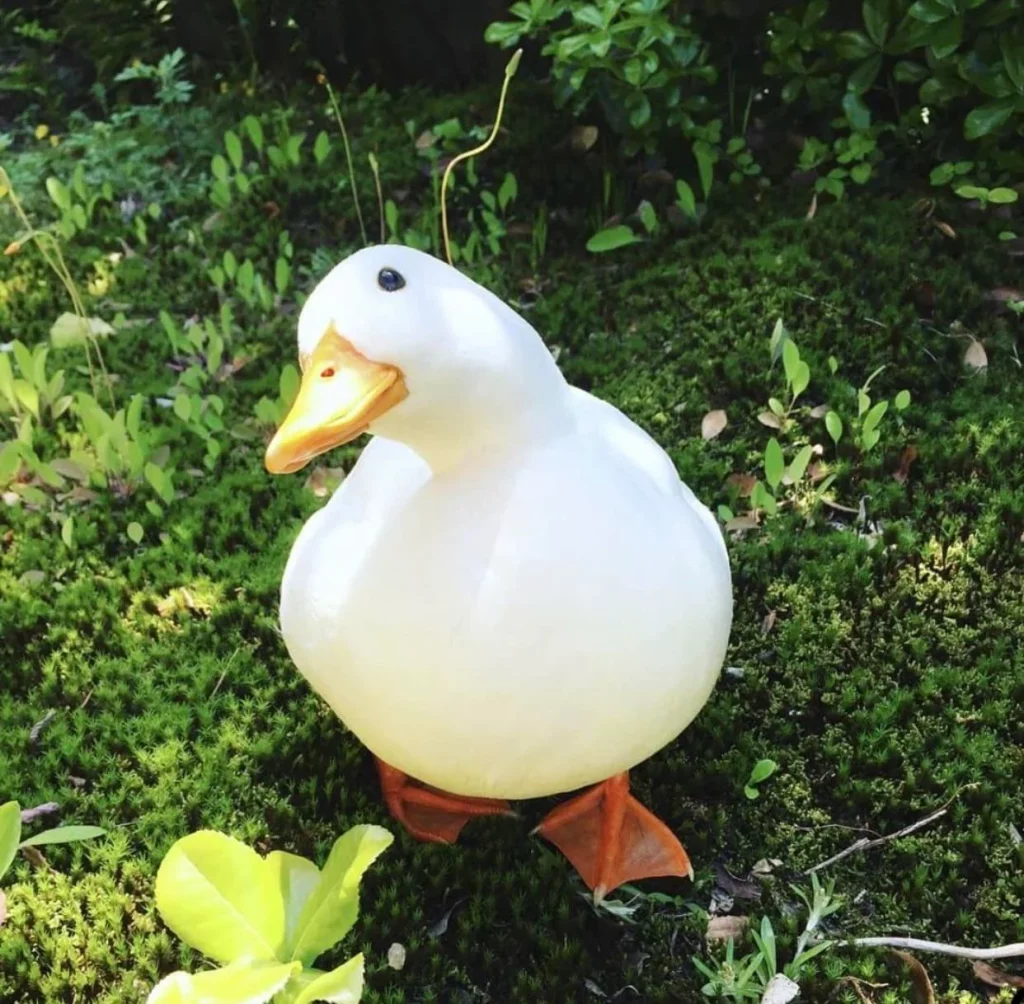
Image Source: Reddit
Take your baby to various environments to introduce them to new vocabulary. Visiting a park, a grocery store, or a zoo exposes them to diverse words and experiences. This is especially true for animals. If you want your baby to acclimate to animals and reduce the fear and anxiety they feel around different animals, it’s important to expose them and verbally explain what they’re experiencing.Advertisement
24. Bird
Image Source: Reddit
Allow your baby to interact with real objects whenever possible. Sensory exploration of physical items helps them make meaningful connections between words and the objects they represent. If you encounter an animal that’s friendly, such as a gentle dog or cat, that’s a great opportunity to allow your baby to learn from them. This will help them connect words to animals in the future.Advertisement
25. Cow
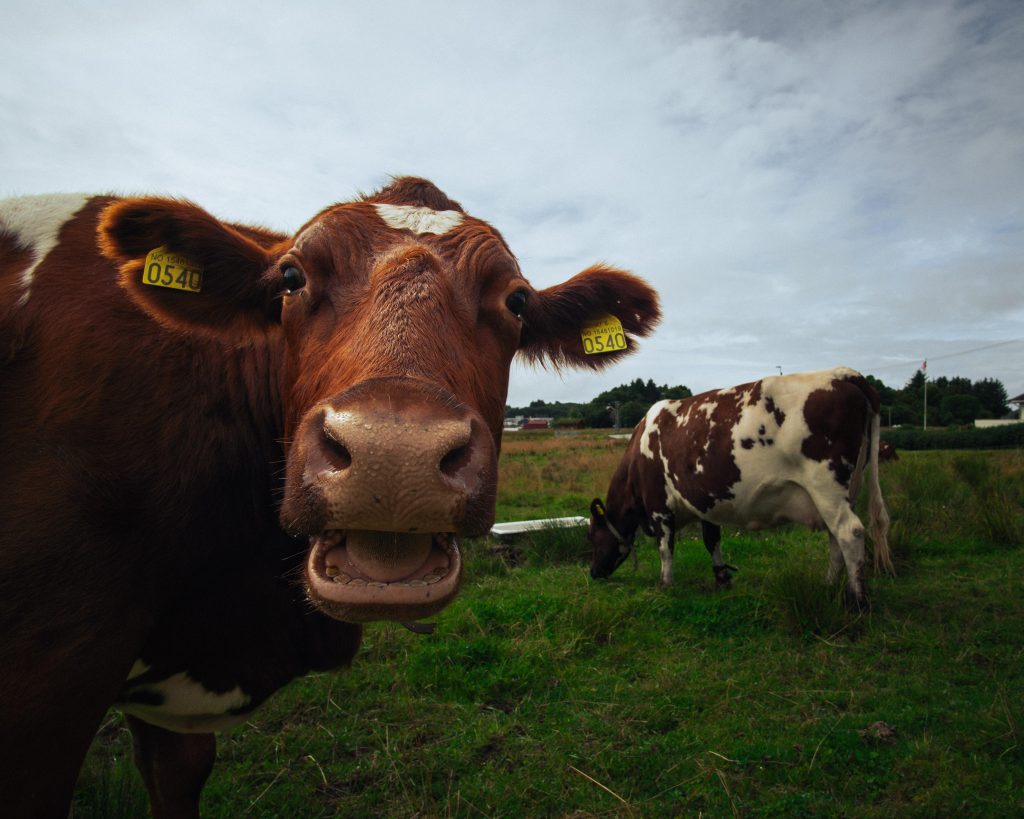
Image Source: Reddit
Engage in interactive play with your baby and describe what you're doing. Whether it's stacking blocks or playing with a stuffed animal, verbalizing your actions helps them learn new words. If you’re at a petting zoo, allow them to pet the cow, and narrate what they’re doing. You can even show them what sound a cow makes, and get them to try, too! This is a fun game to play.Advertisement
26. Moon

Image Source: Reddit
Like we just mentioned, each your baby the names of animals along with their corresponding sounds. This not only introduces new words but also adds an element of fun and playfulness. This is especially easy if you have a cat or a dog at home. But if you don’t, you can use a children’s book about animals to show your baby different kinds of animals and the corresponding noises they make.Advertisement
27. Star

Image Source: Reddit
Help your baby recognize and express emotions by naming them. When they're happy, excited, or calm, use words like "happy," "excited," or "calm" to help them understand their feelings. If they’re upset, but stable enough to comprehend your words and explanations, try to help them pinpoint why they’re upset and the exact emotion they’re feeling. This will help them express themselves down the road.Advertisement
28. Sun

Image Source: Reddit
Nursery rhymes, songs, and rhythmic patterns can make language more memorable and engaging for your baby. These forms of language play contribute to their word acquisition. If you want to teach them a specific word, try to brainstorm a fun song or poem that you can repeat to them with a playful tune. This will help solidify words into their head. They might even begin to repeat the song or poem when they’re capable of doing so.Advertisement
29. Tree
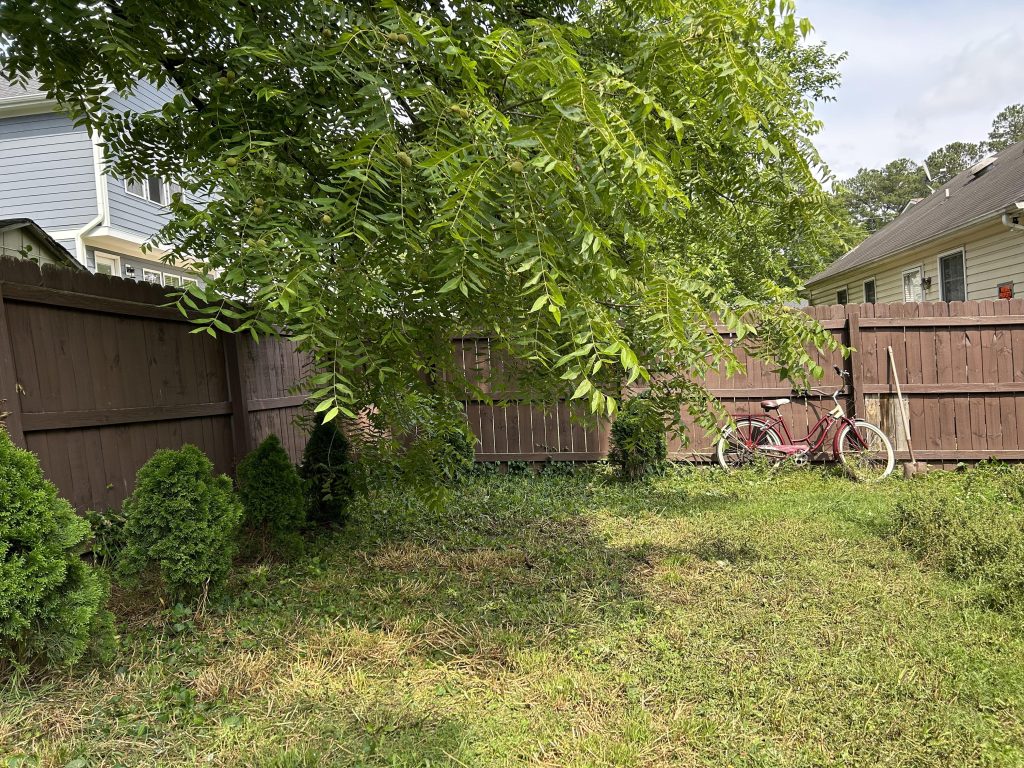
Image Source: Reddit
Every baby develops at their own pace. Celebrate their small achievements and progress in learning words. Encouragement and positive reinforcement motivate them to continue their language journey. Be mindful not to scold your baby if they’re not catching on to language at a pace that you deem appropriate. Some babies learn faster, and some babies learn slower. Both are okay!Advertisement
30. Grass
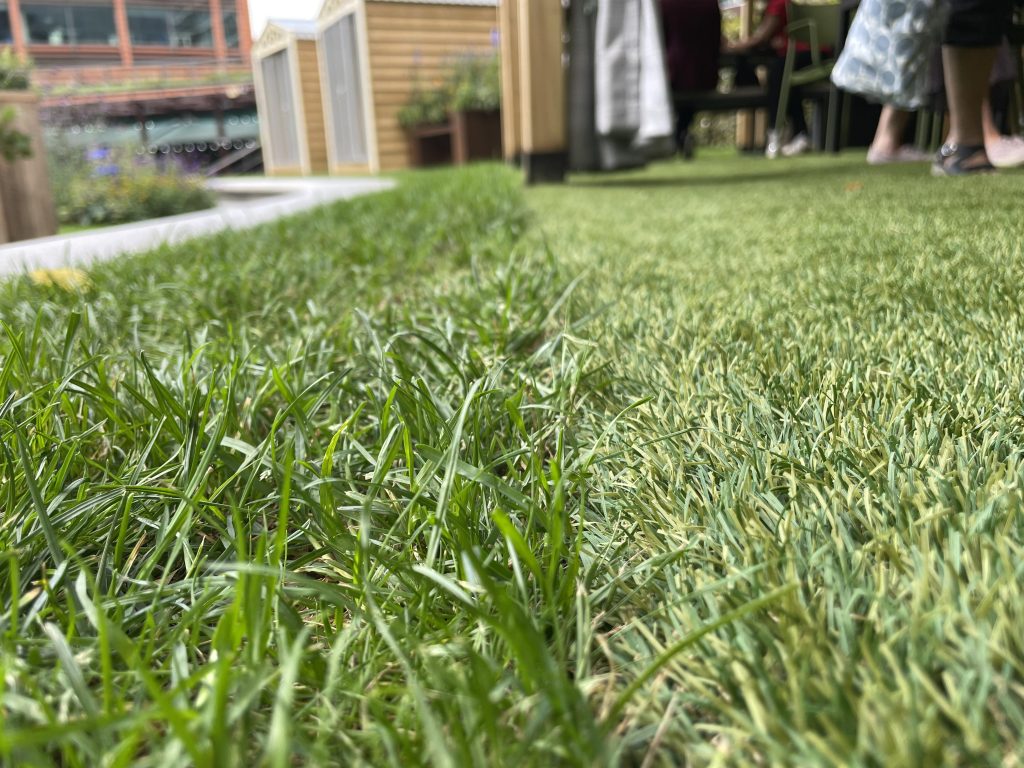
Image Source: Reddit
Praise and celebrate your baby's efforts and accomplishments in learning new words. Positive feedback builds their confidence and encourages further language development. Make sure they know when you are proud of them for accomplishing a new word or phrase. They will feel the encouragement from you, and they’ll continue to learn more and more new words.Advertisement

